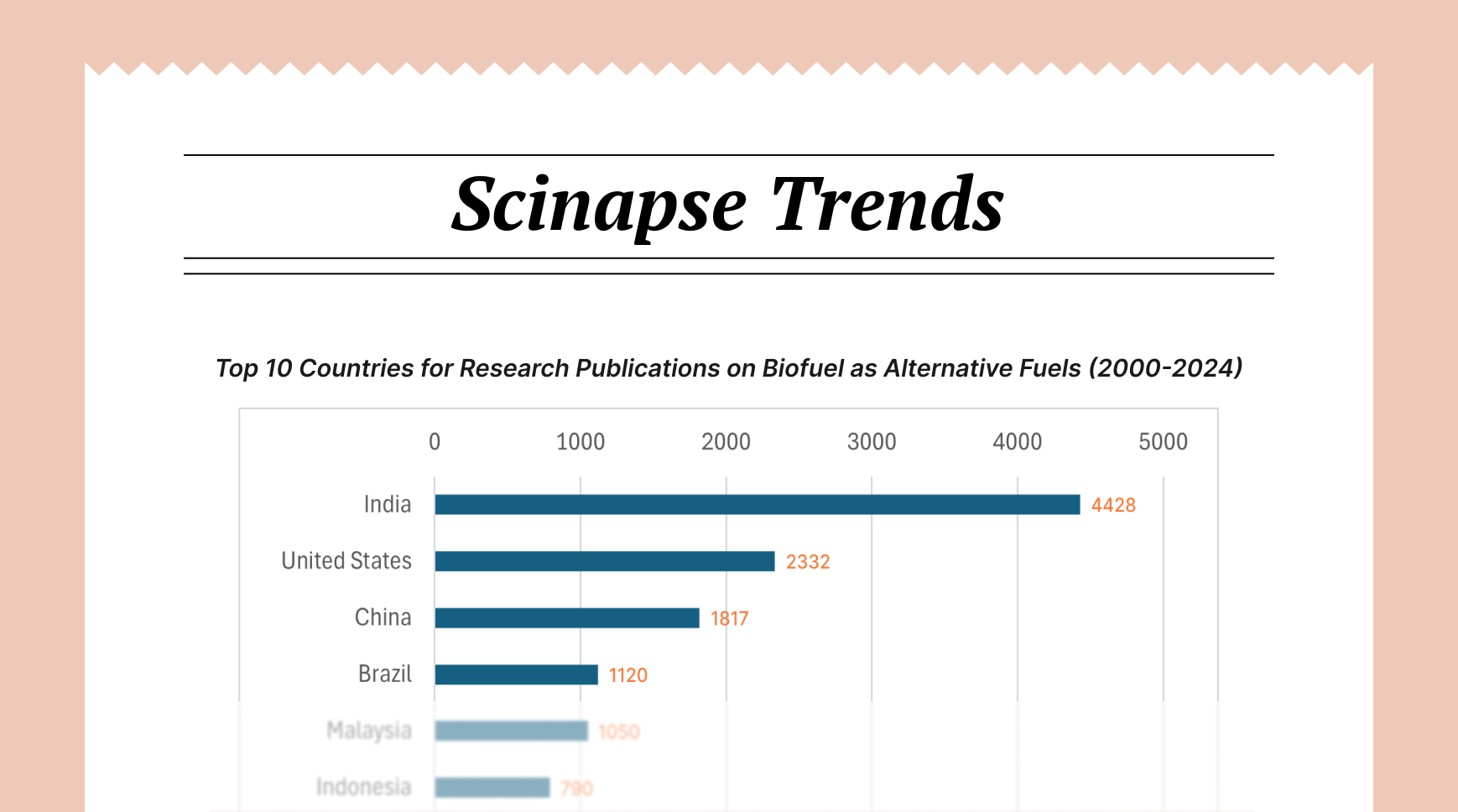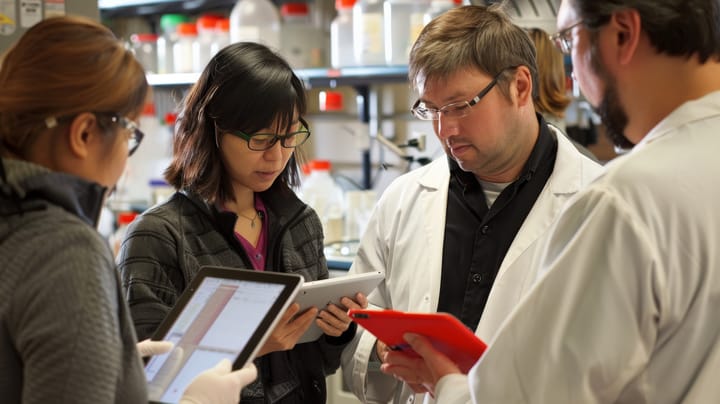Reimaging Interdisciplinary Research With AI-driven Collaboration: Finding Experts for Innovative Solutions and Breakthroughs

The traditional boundaries between academic disciplines are becoming more permeable than ever before. Interdisciplinary research, which integrates knowledge and methodologies from multiple fields, has emerged as a crucial approach to addressing these multifaceted challenges. As research topics become more intricate, the demand for varied field expertise and resources has never been greater, making collaborative approaches beneficial and essential for sustainable scientific progress.
What Is Interdisciplinary Research and Its Transformative Power?
Interdisciplinary research represents more than just multiple field experts working side by side; it embodies the genuine integration of different perspectives, methodologies, and knowledge bases to create novel solutions. This approach has led to some of the most significant breakthroughs in modern science, from the discovery of DNA's structure to the development of COVID-19 vaccines, demonstrating how collaboration across disciplines can accelerate innovation and discovery.
The power of interdisciplinary research lies in its ability to approach problems from multiple angles simultaneously. When experts from different fields collaborate, they bring not only their specialized knowledge but also their unique problem-solving approaches, creating a synergistic effect that can lead to breakthrough innovations. This cross-pollination of ideas often results in the emergence of entirely new fields of study, such as bioengineering or computational linguistics.
Leveraging Technology for Enhanced Interdisciplinary Collaboration
Modern technological tools are emerging as powerful enablers of interdisciplinary collaboration. AI-driven platforms like Scinapse's Expert Finder are transforming how researchers discover potential collaborators across different fields. These tools go beyond simple keyword matching, using sophisticated algorithms to analyze research networks, identify complementary expertise, and reveal unexpected connections between disciplines.
Book a Demo to learn how Scinapse can help you reach the experts in your field and work on research breakthroughs collaboratively
The integration of AI into the collaborative research process represents a significant advancement in how academic partnerships are formed. It can:
- Analyze millions of research papers to identify experts across different fields
- Map complex research networks to reveal potential interdisciplinary connections
- Evaluate expertise through multiple metrics, including h-index, domain-specific impact, active years, number of publications, and personal impact factor.
- Track emerging research trends that might benefit from interdisciplinary research approaches
Advanced Metrics for Finding Experts for Interdisciplinary Research
Scinapse's comprehensive evaluation system employs multiple metrics to help researchers identify potential collaborators:
- Domain h-index: Measures expertise in specific fields through modified h-index calculations
- Personal Impact Factor: Indicates the caliber of journals where researchers publish
- Publication count and citation metrics: Reflects productivity and research impact
- "Recently focused" tags: Highlights current research interests and active areas
- Comprehensive affiliation data: Provides context about institutional resources and environments
These multidimensional metrics enable researchers to make informed decisions when seeking interdisciplinary collaborators, ensuring partnerships are based on complementary expertise and current research focuses.
How to Build Successful Interdisciplinary Teams?
The success of interdisciplinary research often hinges on the effective assembly and management of diverse teams of experts. This process begins with identifying top researchers who not only bring complementary expertise but also demonstrate openness to interdisciplinary collaboration. Tools like Scinapse's Author Network feature can be particularly valuable in this context, helping to identify researchers' academic lineages and professional networks across different fields.
Future Directions and Opportunities for Interdisciplinary Research
Virtual research environments and AI-enabled collaboration platforms are making it easier for researchers from different disciplines to connect and collaborate effectively. These technological tools, combined with growing recognition of the value of interdisciplinary research, are creating new opportunities for innovative solutions.
The integration of science and industry partnerships is also opening new avenues for interdisciplinary collaboration. These partnerships can bring fresh perspectives and real-world applications to academic research, while also providing additional resources and implementation pathways for research outcomes.
Sign up for your free Scinapse account and start finding experts to collaborate for interdisciplinary research.
Author: Uttkarsha B
- AI-Ethicist and STM Research & Publishing Expert
Never re-search again.
Scinapse is made by researchers for researchers.
Join the next generation of research at ⏯️ https://scinapse.io/
Pluto Labs
Pluto Labs helps researchers focus on their research by improving several inefficiencies in the academic research process. We offer data-driven insights from academic papers, allowing users to easily obtain review-level results for their desired range of papers.
https://pluto.im/





Comments ()